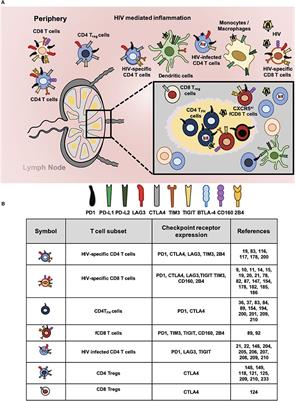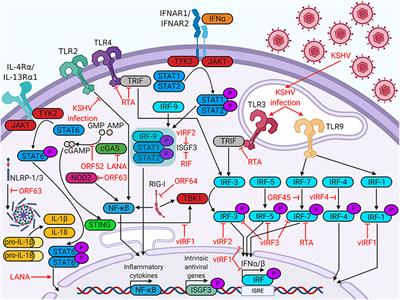REVIEW
Published on 31 Jul 2020
Cellular Therapeutic Approaches to Cytomegalovirus Infection Following Allogeneic Stem Cell Transplantation

doi 10.3389/fimmu.2020.01694
- 6,484 views
- 20 citations
13k
Total Downloads
52k
Total Views and Downloads
Select the journal/section where you want your idea to be submitted:
REVIEW
Published on 31 Jul 2020

REVIEW
Published on 02 Jul 2020

REVIEW
Published on 10 Mar 2020

REVIEW
Published on 04 Mar 2020

MINI REVIEW
Published on 07 Feb 2020

ORIGINAL RESEARCH
Published on 29 Oct 2019


Frontiers in Oncology